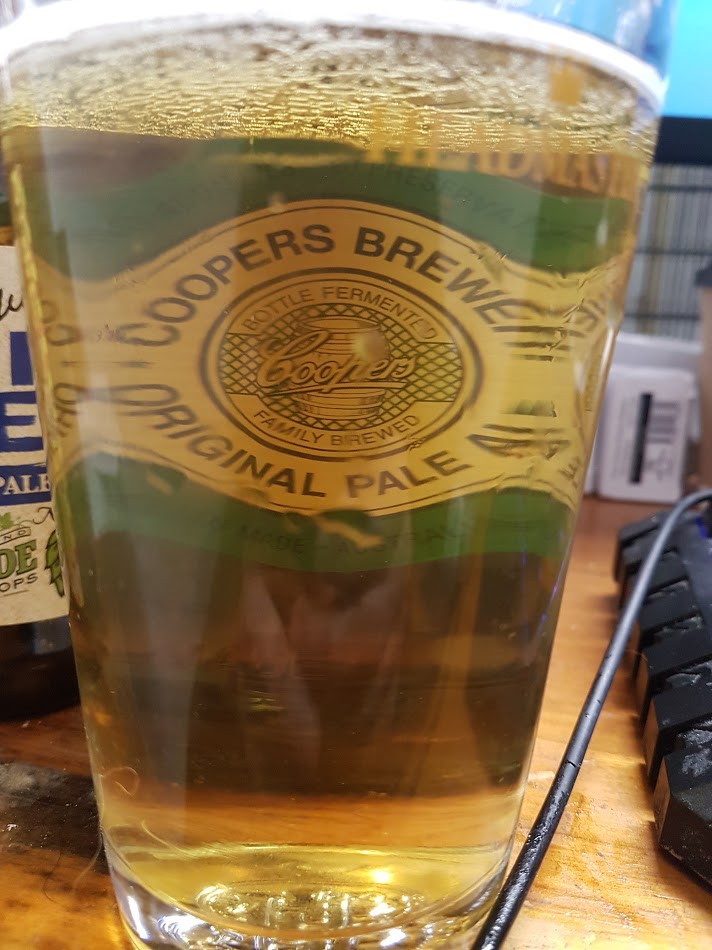TidalPete
BREWING BY THE BEACH
Gelatin is a great way to add a quick clarity to your beers as long as you don't add to keg & then transport party-wise (or even disturb the keg in any way).
Transported to a party back in the day with very embarrassing results & have learnt the lesson forever.
Gelatin in the fermenter is a much better option as long as you keep it out of the keg when transferring after cold crash
AN EVEN BETTER option if you're not pushed for time is to forget the gelatin altogether & just cold crash for a few days before transferring to keg.
My 2 cents.
Edit ---- The longer you cold crash the better the results.
Transported to a party back in the day with very embarrassing results & have learnt the lesson forever.
Gelatin in the fermenter is a much better option as long as you keep it out of the keg when transferring after cold crash
AN EVEN BETTER option if you're not pushed for time is to forget the gelatin altogether & just cold crash for a few days before transferring to keg.
My 2 cents.
Edit ---- The longer you cold crash the better the results.
Last edited:





